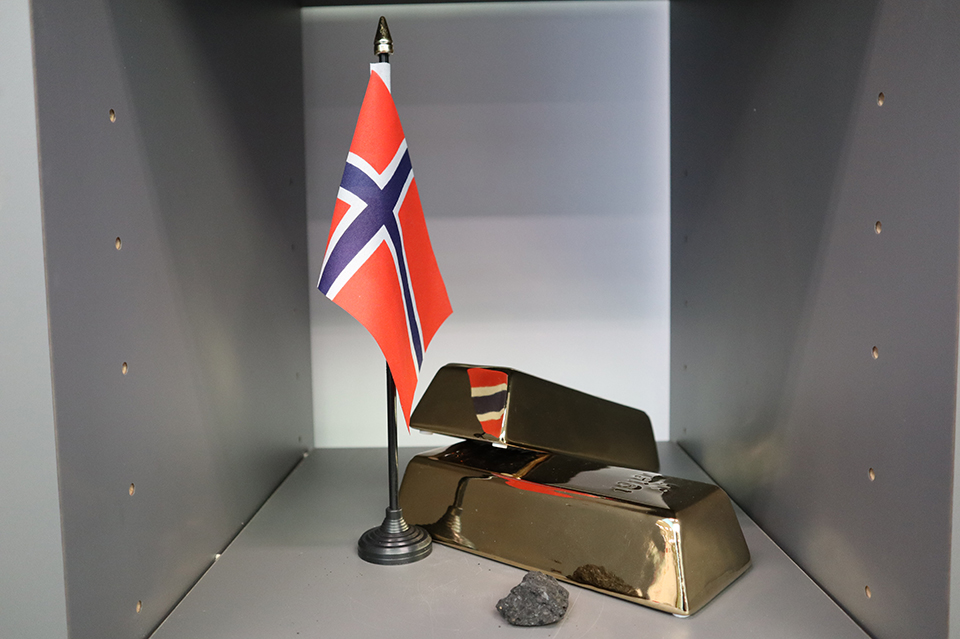34. The Svalbard Treaty
Guy Tallentire, Postgraduate Researcher
Up until the early 20th century, the archipelago of Svalbard was a stateless region, similar to a modern day Antarctica, meaning no laws or regulations and therefore no courts in which to settle disputes
In spite of this, many northern European nations exploited the resources found on the islands: hunting and trapping animals and mining for mineral deposits such as coal and precious metals. However, it was the growth of the mining industry that created the need for change in the region. What resulted after several attempts was the signing of the Svalbard Treaty at Versailles not long after the First World War ended. This treaty gives the Kingdom of Norway absolute and unrestricted sovereignty of Svalbard, with some limitations.
The treaty is one of very few agreed at Versailles that have significance today, regulating research. Researchers from all over the world visit Svalbard to better understand the impacts of anthropogenic climate change in the polar regions, the focus of my own PhD fieldwork.
